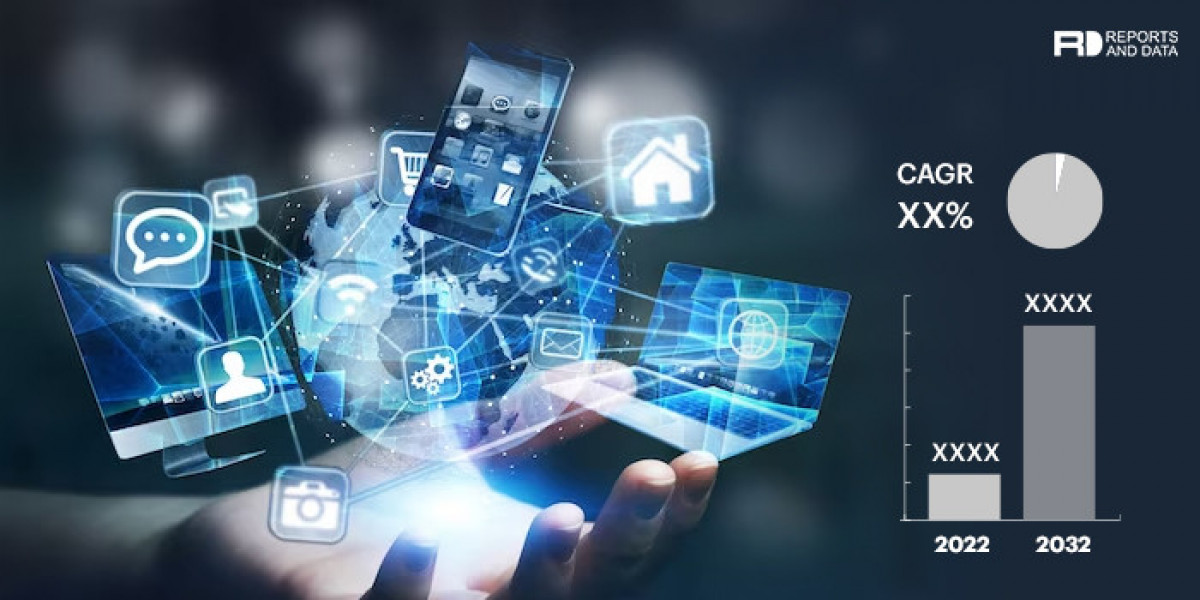The Intersection of Blockchain and IoT: A Look at the Benefits and Challenges
The Internet of Things (IoT) has revolutionized the world as we know it by connecting billions of devices. However, IoT devices generate vast amounts of data that is vulnerable to cyber attacks and can result in significant financial losses. Blockchain technology offers a potential solution to this problem. This article explores the intersection of blockchain and IoT, their benefits, and challenges.
Blockchain IoT Market Size is projected to exceed USD 128.6 Billion by the end of 2030, with a CAGR of 92.30% during 2022-2030
Blockchain IoT refers to the integration of blockchain technology with IoT devices. Blockchain is a decentralized, distributed ledger that records transactions and maintains the integrity of data. By integrating blockchain with IoT devices, businesses can create a more secure and transparent environment for exchanging data and conducting transactions.
The adoption rate of the Blockchain solutions will be moderate from the healthcare and BFSI sector. In the upcoming years, market operations will resume gradually. There is more scope for the market in the forecast period due to the launch of IoT sensors.
Benefits of Blockchain IoT
Improved Security: By adding blockchain to IoT devices, businesses can create a more secure environment. Blockchain is tamper-proof, meaning that once data is recorded on the ledger, it cannot be altered. This makes it an effective tool for protecting data and mitigating cyber threats.
Increased Transparency: Another advantage of blockchain IoT is increased transparency. The distributed nature of blockchain means that all authorized parties have access to the same information, making it easier to track and verify transactions. This increases trust among stakeholders and reduces the risk of fraud.
Better Data Management: IoT devices generate vast amounts of data that can be difficult to manage. Blockchain provides an efficient way of storing and sharing this data securely and transparently. By integrating blockchain with IoT devices, businesses can create a more streamlined and efficient data management system.
Greater Efficiency: Blockchain technology can streamline processes and reduce costs by eliminating the need for intermediaries. By removing intermediaries from the transaction process, businesses can reduce processing time, delays, and costs.
Challenges of Blockchain IoT
Integration Complexity: One of the challenges of blockchain IoT is integration complexity. Integrating blockchain with IoT devices requires specific technical expertise, and the integration process can be complex.
Scalability: Blockchain technology is still in its early stages of development and is not yet scalable enough to handle the massive amounts of data generated by IoT devices. This limits its potential for large-scale IoT deployments.
Cost: The cost of implementing blockchain IoT solutions can be high. This is because blockchain requires powerful computing resources to operate and maintain, and these resources can be costly.
Browse In-depth Market Research Report (100 Pages) on Blockchain IoT Market
The key players of the Blockchain IoT market are
- KrypC
- Ethereum Foundation
- Chronicled
- The Linux Foundation
- Factom
- Arctouch
- Waltonchain
Related Reports:
Enterprise Asset Management Market Research Report- Global Forecast 2030
Software Engineering Market Research Report- Global Forecast 2030
Data Center Virtualization Market Research Report- Global Forecast 2030








